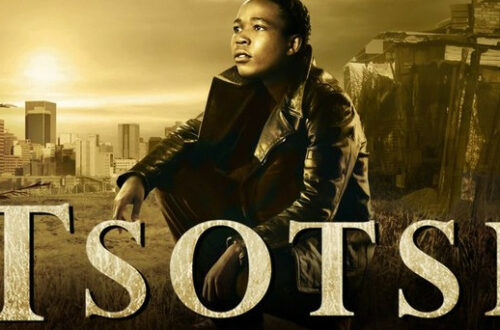
Instagram’s Role in the Illusion of Wealth
There’s a reason the light hits different just before sunset. Photographers call it the “golden hour”, that magic window when everything looks softer, richer, warmer. It flatters skin tones, deepens shadows, and turns ordinary street corners into film sets. On Instagram, golden hour isn’t just lighting. It’s a mood. A mood that many chase, filter, and frame in the hope of appearing not just beautiful, but successful. But in this golden glow, something murky often hides, something curated, crafted, and increasingly deceptive.
We live in a time where perception is currency. And few platforms understand that better than Instagram. In South Africa, like elsewhere, this plays out in quiet cafés and polished Airbnbs, in the backseats of borrowed Mercedes and under palm trees that aren’t native to the suburbs they overlook. There’s nothing inherently wrong with showing your best side. But the best side is rarely the whole story.
Instagram’s illusion of wealth isn’t new, but its grip has tightened. For many young South Africans, the platform has become less about connection and more about correction, smoothing out life’s texture into a curated feed. Struggle doesn’t trend. A bounced debit order doesn’t get likes. What gets likes is the yacht party, the champagne brunch, the soft launch of a weekend away “for peace and healing” (read, to keep up with the timeline).
The hustle to look rich often costs more than the hustle to be rich. There’s an ecosystem of rented luxury that feeds into this game. You can rent designer bags by the hour in Joburg. Luxury car hire companies know their cars are more likely to end up parked outside a Sandton hotel for a photo than driven. Even Airbnbs are booked, not for sleep, but for aesthetics, white sheets, gold cutlery, clean lines. It’s not deception in the criminal sense. It’s theatre. Costume. Set design. The lie is in the framing.
 And the irony? Most viewers know it. There’s an unspoken contract between poster and scroller, I know this isn’t real, but I’ll pretend it is, if you let me pretend I’m close to it. It’s a performance that everyone plays along with. But the cost isn’t just monetary, it’s emotional. The performance isolates. It inflates the gap between what is and what’s expected. It makes people feel behind in a race that doesn’t even have a finish line.
And the irony? Most viewers know it. There’s an unspoken contract between poster and scroller, I know this isn’t real, but I’ll pretend it is, if you let me pretend I’m close to it. It’s a performance that everyone plays along with. But the cost isn’t just monetary, it’s emotional. The performance isolates. It inflates the gap between what is and what’s expected. It makes people feel behind in a race that doesn’t even have a finish line.
This illusion has consequences. For young creators and entrepreneurs trying to build a brand online, the pressure to present a luxury lifestyle, even if that lifestyle is rented, can lead to overspending, debt, and burnout. For viewers, especially teens and young adults, the impact is more psychological. Studies in South Africa have already begun linking social media use to anxiety and depression, often rooted in comparison. It’s not enough to have a job, you have to have a job with drip. It’s not enough to travel, you have to do it with a business class selfie and the right hashtags.
And somewhere in all of this, real stories get lost. The single mom starting a small business. The student grinding out their final year without Wi-Fi. The teacher making magic with chalk and a cracked whiteboard. These don’t fit neatly into a golden square. They’re not bathed in Valencia or Clarendon. But they’re the stories we need more of.
Still, Instagram isn’t the villain here. It’s just the stage. The culture that praises flash over depth, appearance over authenticity, that’s where the work needs to happen. Brands play a role. Influencers play a role. Even the viewer plays a role. The more we reward the illusion, the more we feed it.
But there are cracks in the filter. More and more creators are beginning to share both sides of the frame. The debt behind the drip. The loneliness behind the glow. There’s power in that shift. Because once the performance stops being rewarding, people stop performing.
Golden hour doesn’t last. It fades, every day, without apology. Maybe it’s time we stop chasing the light and start embracing the shadows. Because real life isn’t always pretty. But it’s always true. And sometimes, in the quiet honesty of that truth, we find a beauty no filter can touch.




